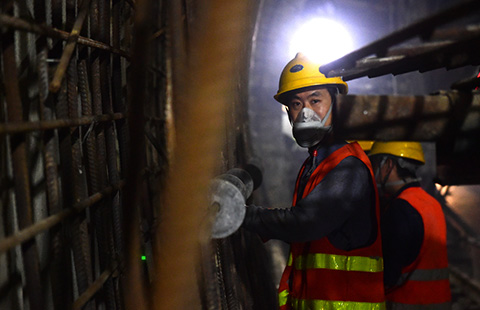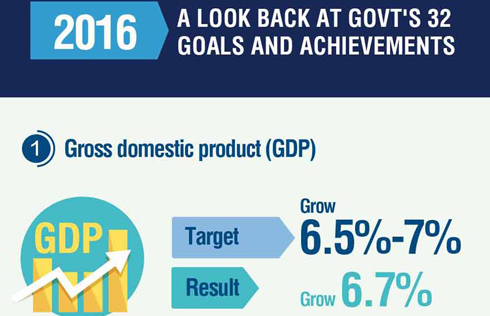China's VAT reform boosts economic vitality
The State Council on Wednesday decided to expand the pilot value-added tax reform program nationwide and to more industries to further reduce tax burdens on enterprises.
The reform, effective on Aug 1, will replace turnover tax with a value-added tax in transport and some service sectors across the nation, according to a statement issued by the State Council after an executive meeting presided over by Premier Li Keqiang.
Turnover tax refers to a levy on the gross revenue of a business. VAT refers to a tax levied on the difference between a commodity's price before taxes and its cost of production.
The landmark event in China's taxation system reform has drawn extensive attention from all sectors of society with people wondering what kind of impacts it will have on economic performance and business operation.
Structural tax cut assists economic restructuring
The reform is intended to further boost business vitality, help enterprises find new growth, increase employment and residents' income to promote sustainable and healthy development, according to the statement.
It is estimated that the widening reform will reduce tax burdens on business by about 120 billion yuan ($19.04 billion) this year, the statement said.
Gao Peiyong, a researcher with the Chinese Academy of Social Sciences, said that expanding the pilot reform is an important initiative in China's structural tax cut drive.
The reform was first introduced in Shanghai in January last year and was later expanded to another 11 regions, including Beijing, Tianjin and Shenzhen.
Data from the Ministry of Finance showed that the VAT reform had saved taxes of over 40 billion yuan for more than 1 million taxpayers in the 12 pilot provinces and cities by Feb 1 this year.
Gao said that previous efforts have markedly reduced tax burdens on the manufacturing and service industries, and the program will help stabilize China's economy amid the sluggish global economic environment.
Liu Shangxi, a researcher with the Ministry of Finance, said that the reform will accelerate China's economic restructuring as it avoids double taxation so that the industrial structure will be optimized and quality of growth improved.
Reform more proactive
The decision to expand the reform nationwide comes much quicker than expected. Liu Shangxi said that the reform route has shifted from region-to-region to industry-to-industry, signaling the government has taken a more proactive stance.
Liu said, "The notable shift will help abate negative effects brought by region-based pilots and lower tax collection and management risks due to regional policy differences."























